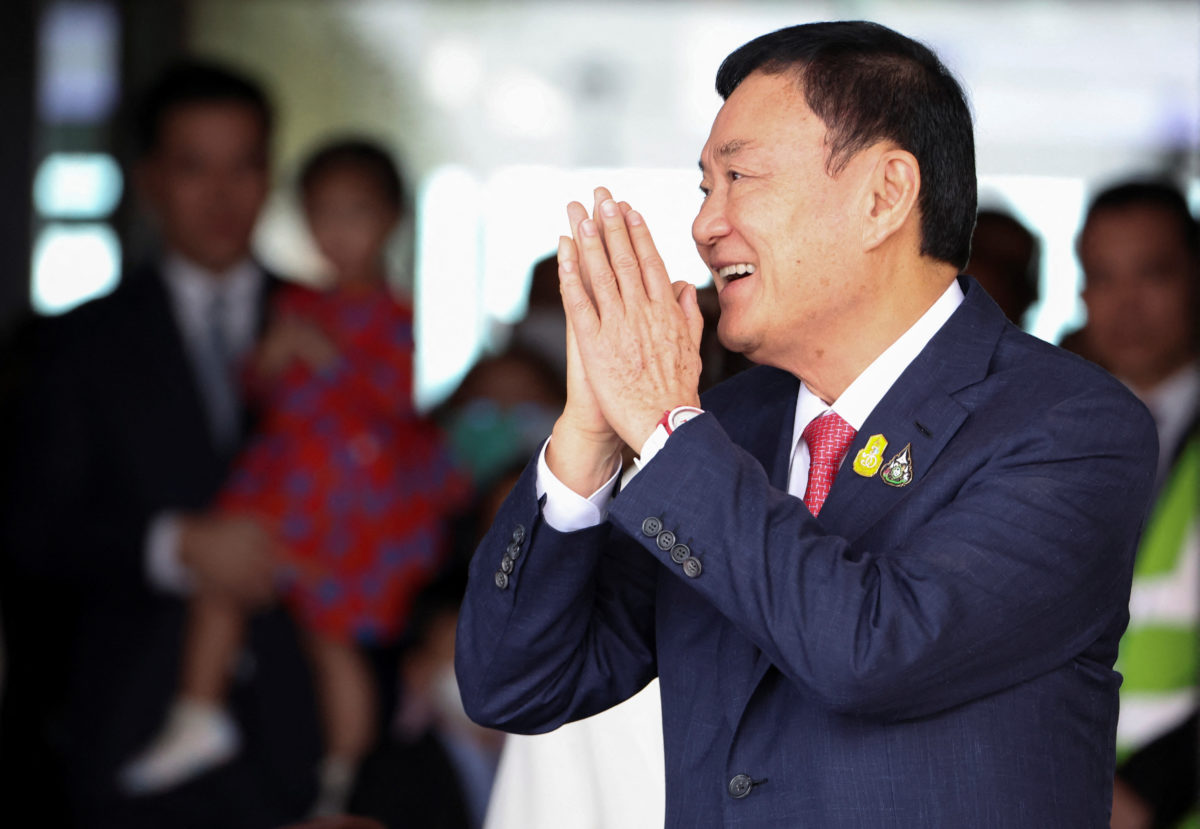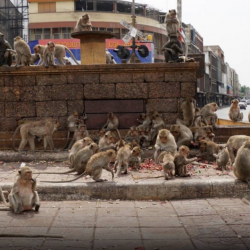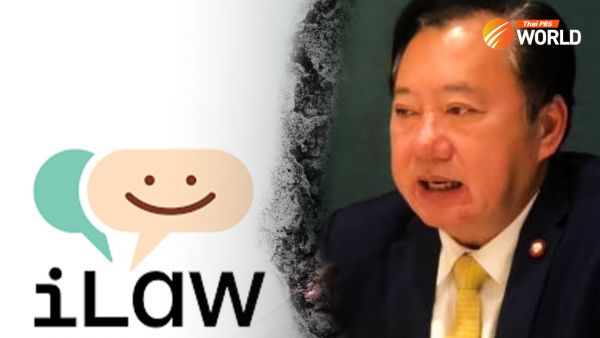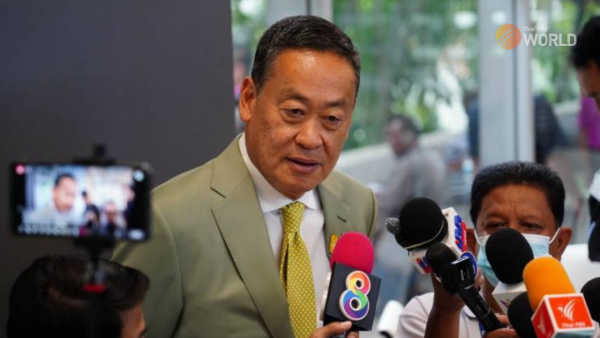Everyone will walk legal, constitutional and political tightropes on Thaksin

Article 112 requires prudence in everything – enforcement, commentaries for and against, judgement of wrongdoing and etc. Cue Thaksin Shinawatra and that can be an understatement.
In a few days, he is expected to be granted parole for convictions unrelated to Article 112. But also in a few days, police charges that the former prime minister had violated the royal defamation law while in exile overseas will get the limelight. Will or should he go straight back into police custody?
The question is simple enough, but it’s being asked amid a highly-complicated and totally uncharted political situation.
The government is led by a political movement he founded. The Pheu Thai Party is allied reluctantly with those who had perceived him as bad news for Thailand’s system of Constitutional Monarchy.
The lese majeste law is frowned upon by the main opposition party. So, will the Justice Ministry controlled by a Pheu Thai government act against him? Will the “allies” be happy to see Thaksin walk home?
What will Move Forward, the “liberal”, say if Article 112 go easy on a man long considered to be the number one enemy of the “conservatives”?
Everyone will have to look for a middle ground that nobody is quite sure where it is. Pheu Thai’s allies can make a few noises, then step back to cite “reconciliation” and leave it at that.
That the ruling party is wearing two hats is more glaring, meaning its tightrope is tighter and more precarious.
The prime minister and the justice minister will be asked about Thaksin every day. They cannot be seen as “trading justice for an individual” although at the same time they will have to do exactly just that.
Political scriptwriters will never be more important, and their work will have to be strictly followed.
Move Forward will also have to tiptoe strictly according to scripts. Near the end of this month, only Article 112 will stand between Thaksin and his Jan Song Lar house.
Speaking too much of “special treatment” can denigrate the campaign against the royal defamation law while speaking too little of it can be perceived as condoning elitist privileges.
Among the Thai politicians, only the Democrats will have an easy job. They campaigned against Thaksin before and they can do it again.
They used to speak in defence of Article 112 in the government and they will do it again in the opposition. For Move Forward, it will an ideological nightmare.
As of now, this much is clear: Thaksin has been charged by the police with violating Article 112 regarding an interview he gave in Seoul in 2015, during which he talked about the coup that brought down his sister’s government.
The man has been officially informed about the charges after returning from exile, but prosecutors have not made a final decision yet because they have to wait for the police to complete their investigation.
It appears that much of it will depend on the prosecutors who will have to grapple with a law that is politically sensitive and whose enforcement has been characterised by case-by-case flexibility, the elusive thing called “reconciliation” and the perception in some corners that this piece of legislation has been poorly enforced.
It also appears that Thaksin facing Article 112 may be a political game, although it is unclear who initiated it or who is holding whom hostage.
Pheu Thai, the second biggest party, has the advantage in numerical strength in Parliament, enough to guide charter amendment, while police charges could remind him and his camp that he would remain at the mercy of legal authorities.
One intriguing fact is that multiple serious charges made against Thaksin while he was in exile meant nothing, whereas one minor charge brought against him while he is in Thailand means everything.
Whether Thaksin has walked into a trap is debatable. Clearer is the sight of Pheu Thai and Move Forward drifting further and further apart.
If the Constitution Court’s recent verdict on Move Forward’s campaign against Article 112 all but shut down the possibility of a reunion, the Thaksin issue may be another nail in the coffin.
This week, Pheu Thai’s commerce minister and deputy prime minister Phumtham Wechayachai insisted that the news about Thaksin and Article 112 would not affect his party’s stand on charter amendment, saying any badly-divisive issue would be avoided.
“Whether or not he (Thaksin) will be hit (with Article 112) remains to be seen, but in returning to Thailand, he’s showing his readiness to (fight under) the system,” Phumtham said.
“As for proposed amendment of Article 112, our stand is clear that everyone must first agree on what shall be done, because it will be problematic if something is laid down on the table without a prior agreement.”
One possible interpretation for the conservatives: We are leaving our options open.
Five or even two years ago, Thaksin being able to dodge the long arm of Article 112 would be lauded by many people who will decry that kind of escape today.
Like everybody else, they are finding themselves in unfamiliar territories.
By Tulsathit Taptim






